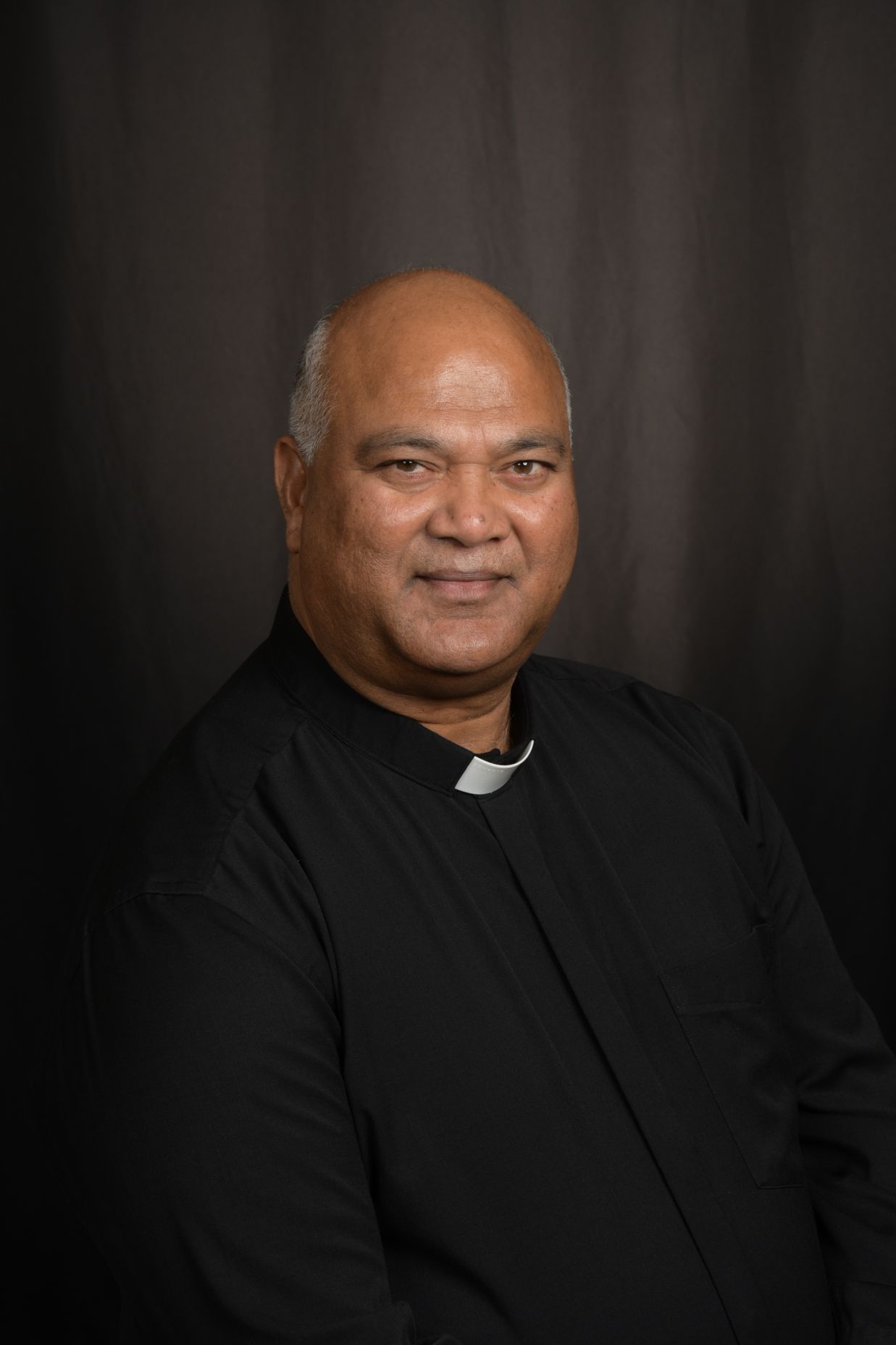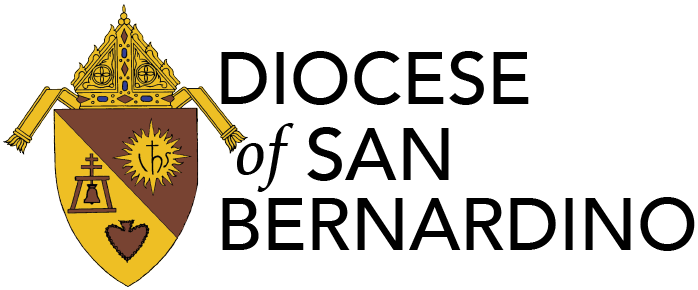From the Pastor's Desk
From the Pastor's Desk
Welcome to St. Matthew Catholic Church. We are glad you are here. Our community's purpose is to form our lives to Jesus Christ and joyfully live out the Gospel. We are a parish that "reaches out with Love and reaches up with Hope" in our local community. We welcome those who are not regular churchgoers or may have wandered away from the practice of their faith, and of course those who are new to Corona. Below is a wonderful reflection on the Eucharist which continually draws us together as Catholics.
The Bread of Life Gives You Strength
St. Peter Julian Eymard
It was Jesus who adopted the name Bread of Life. And what a name! He alone could give it to Himself. An angel charged with naming our Lord would have given Him a title consonant with His attributes, such as Diving Word, or Lord, or the like — but Bread: such a name he would never have dared to give to his God!
Bread of Life! Ah, but that is the true name of Jesus; in it is the whole Christ, in His life, in His death, and after His Resurrection. Crushed on the Cross and sifted like flour, He will have after His Resurrection the same properties for our souls as material bread has for our bodies; He will be in truth our Bread of Life. The Lord said, "He that eateth my flesh hath life." What life? The life of Jesus Himself. "As the living Father hath sent me, and I live by the Father, so he that eateth me, the same also shall live by me." In fact, food imparts its own substance to him who eats of it. Jesus will not be changed into us; He will transform us into His own image. Baptism, which bestows life, Confirmation, which increases it, Penance, which restores it — none of these is enough; these sacraments are only preparation for the Eucharist, which is their fruition and their crown.
Jesus said, "Follow me," but that is difficult; it takes effort and demands the practice of Christian virtues. We must remember that he alone who abides in our Lord will bear much fruit. And how shall we abide in Him if not by eating His Flesh and drinking His Blood? Possessing Jesus within us, we are two persons, and the burden, so shared, is light. Therefore did St. Paul say, "I can do all things in Him who strengthens me." And He who so strengthened him is the same who lives in us — Christ Jesus.
Without Communion, one is constantly in the heat of the battle. One knows only the difficulties in the aquisition of virtue, not the sweetness of its practice — the joy of working, not simply for oneself and moved solely by the hope of reward, but purely for the glory of God, from love of Him, from affection, like little children. He who receives Communion finds it easy to understand that having received much, he must give a great deal in return. That is piety — intelligent, filial, and loving piety. Besides, even in the severest trials, Communion makes the soul happy, filling it with a tender and loving joy.
The height of perfection is to remain united with God in the midst of the most violent interior temptations, and it is when you are most tempted that God most loves you. Yet, in order that these storms may not overwhelm you, learn to return frequently to the divine fountainhead to renew your strength and to purify yourself more and more in that torrent of grace and love.
Receive Communion therefore! Eat the Bread of Life if you wish to live well, if you wish to obtain sufficient strength for the Christian combat, if you wish to possess happiness even in the thick of misfortune.
The Holy Eucharist is the Bread of the weak and of the strong. To the weak, clearly, it is necessary; but to the strong likewise, since they bear the treasure in fragile vessels and are threatened on every hand by desperate enemies. Let us, then, take care that we have a guard, a secure escort, fortifying food for our journey; this will Jesus be, our Bread of Life.
Editor's note: This article is from a chapter in St. Peter Julian Eymard's How to Get More Out of Holy Communion, which is available from Sophia Institute Press.
By St. Peter Julian Eymard
St. Peter Julian Eymard (1811-1868) was ordained a priest for the Diocese of Grenoble in 1834. Five years later, he joined the Marian Congregation, for which he taught and preached. He was appointed Provincial of the Oblates of Mary in 1845. He founded two religious orders to promote devotion to the Eucharist. He died in 1868.



